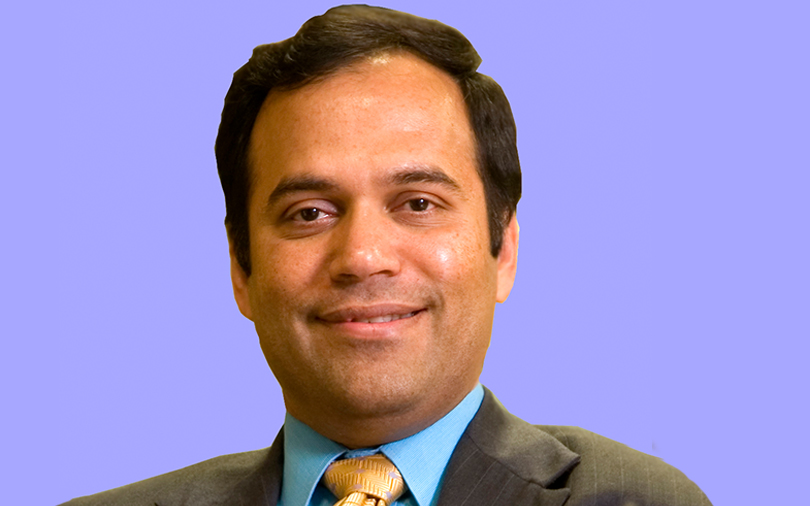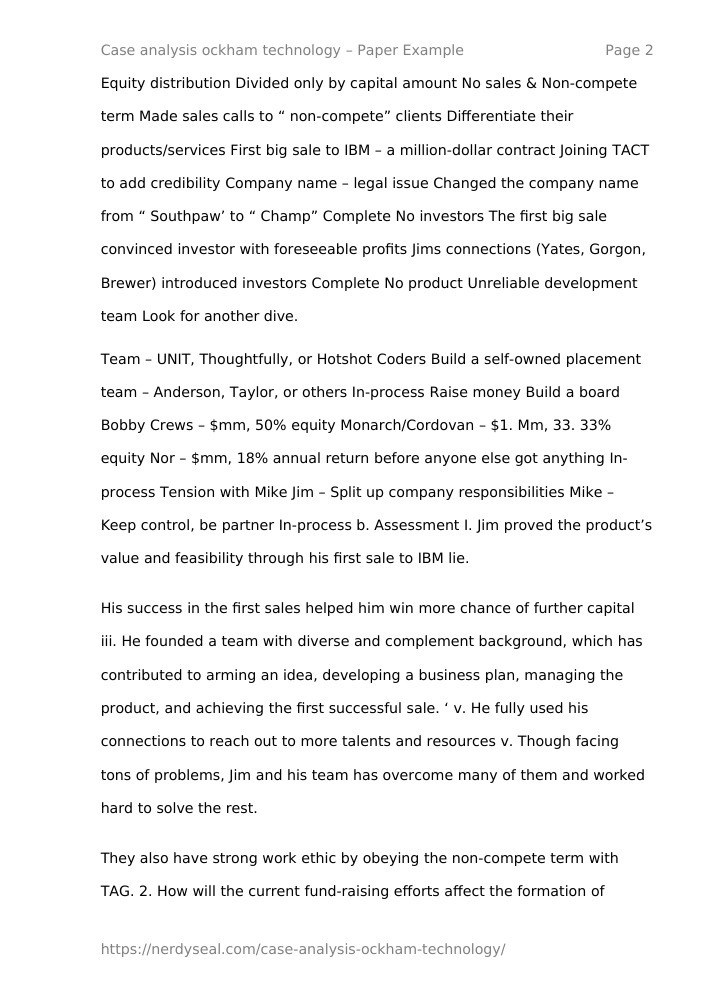


To retain control of your new business, you may need to bootstrap the venture-using your own capital instead of taking money from investors.

Begin by articulating your primary motivation for starting a business. So, you must choose between money and power. But that means fewer financial resources to fuel your venture. To remain in charge of your business, you have to keep more equity. That means attracting investors-which requires relinquishing control as you give away equity and as investors alter your board’s membership. If you don’t figure out which matters most to you, you could end up being neither rich nor in control.Ĭonsider: To make a lot of money from a new venture, you need financial resources to capitalize on the opportunities before you. But Wasserman reveals that it’s tough to do both. Most entrepreneurs want to make pots of money and run the show. Conversely, founders who understand that their goal is to amass wealth will not view themselves as failures when they step down from the top job. Founders who want to manage empires will not believe they are successes if they lose control, even if they end up rich. Such founders will often bring in new CEOs themselves and be more likely to work with their boards to develop new, post-succession roles for themselves.Ĭhoosing between money and power allows entrepreneurs to come to grips with what success means to them. Entrepreneurs who focus on wealth, such as Jim Triandiflou, who founded Ockham Technologies, can make the leap sooner because they won’t mind taking money from investors or depending on executives to manage their ventures. They may also want to wait until late in their careers, after they have developed broader management skills, before setting up shop. This fundamental tension requires founders to make “rich” versus “king” trade-offs to maximize either their wealth or their control over the company.įounders seeking to remain in control (as John Gabbert of the furniture retailer Room & Board has done) would do well to restrict themselves to businesses where large amounts of capital aren’t required and where they already have the skills and contacts they need.
#Coo of ockham technologies professional#
More often than not, however, those superior returns come from replacing the founder with a professional CEO more experienced with the needs of a growing company. The author’s studies indicate that a founder who gives up more equity to attract cofounders, new hires, and investors builds a more valuable company than one who parts with less equity. But new research from Harvard Business School professor Wasserman shows that those goals are largely incompatible. Why do people start businesses? For the money and the chance to control their own companies, certainly.


 0 kommentar(er)
0 kommentar(er)
